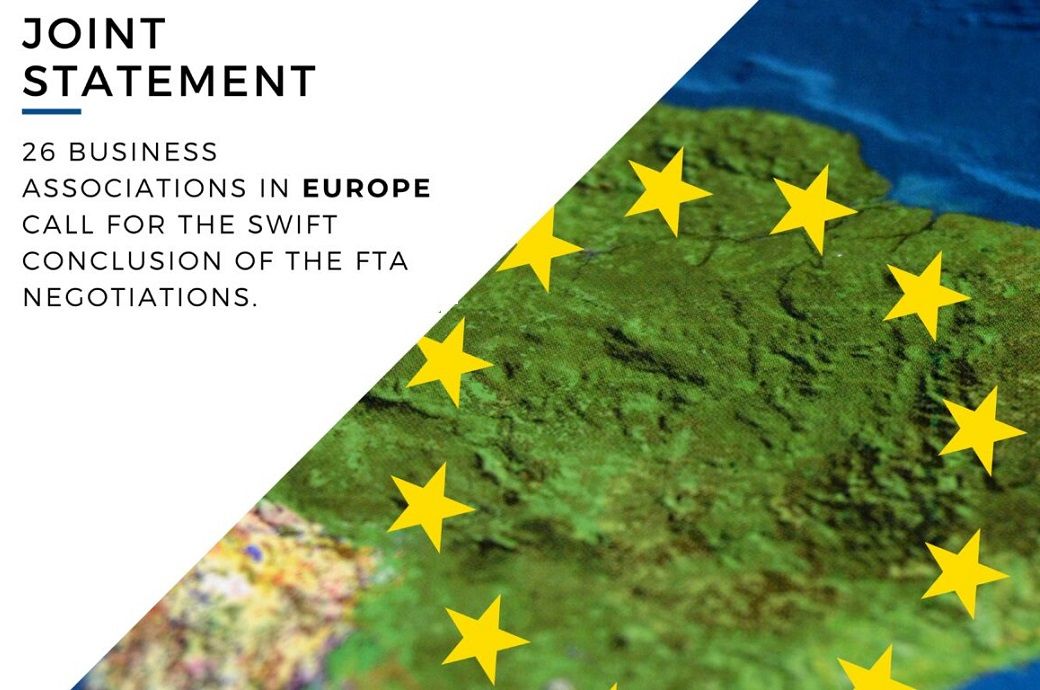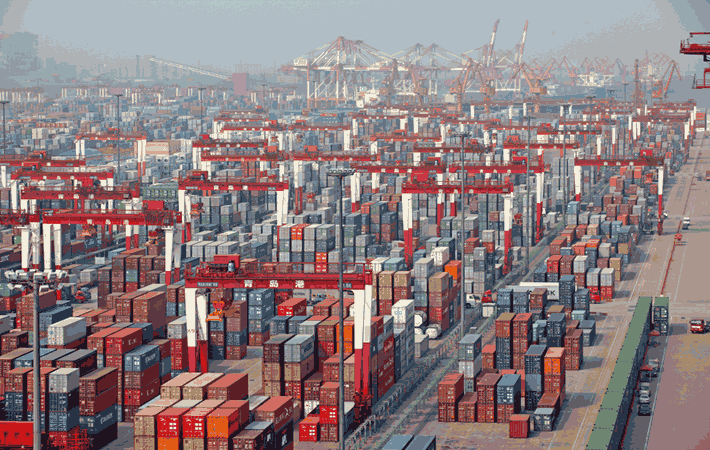In a major reform for India’s port sector, minister for ports, shipping and waterways Sarbananda Sonowal recently announced the Tariff Guidelines, 2021, for public-private partnership (PPP) projects in major ports. The need for new guidelines arose due to the new Major Port Authority Act, 2021, coming in vogue with effect from November 11.
In the new act, the provision of the erstwhile Tariff Authority for Major Ports (TAMP) stands abolished. The guidelines allow the concessionaires at major ports to set tariffs as per market dynamics, according to an official release.
Currently, PPP concessionaires of the major ports handle around half of the total traffic handled by all such ports in India. The biggest benefit of transition to market linked tariff is that a level playing field will be provided to the PPP concessionaires at the major ports to compete with private ports.
In a major reform for India’s port sector, minister for ports, shipping and waterways Sarbananda Sonowal recently announced the Tariff Guidelines, 2021, for public-private partnership (PPP) projects in major ports. The need for new guidelines arose due to the new Major Port Authority Act, 2021, coming in vogue with effect from November 11.
PPP concessionaires at Major Ports were constrained to operate under the stipulations of these guidelines (by TAMP) whereas private operators/PPP concessionaires at non-major ports were free to charge tariff as per market conditions.
The new guidelines will be applicable for future PPP projects including the projects which are currently under the bidding stage.
Fibre2Fashion News Desk (DS)


:max_bytes(150000):strip_icc()/Health-GettyImages-1472663157-e796d227c3f643af8b3ec2dd328d4ad7.jpg)


